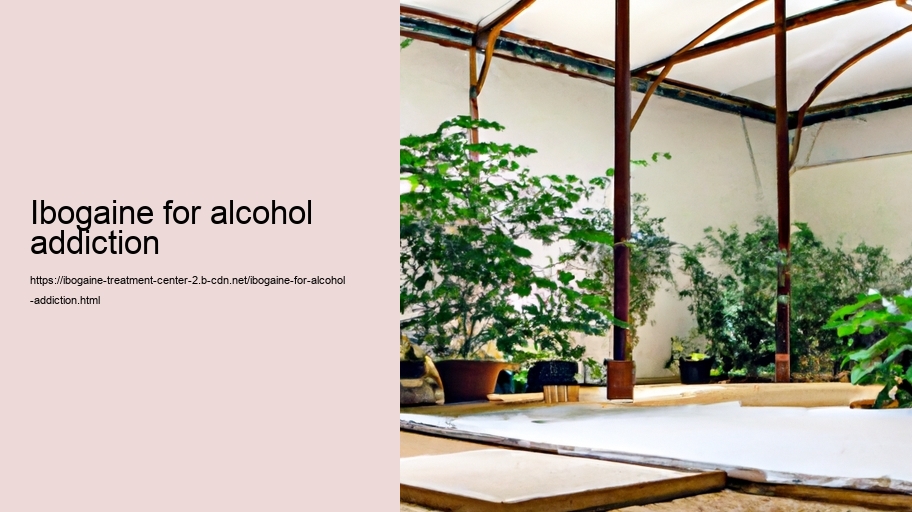Title: Ibogaine: A Controversial Beacon of Hope for Alcohol Addiction
Introduction:
The journey to sobriety for individuals struggling with alcohol addiction is often a tumultuous path filled with trials and tribulations. Traditional treatments, while effective for some, do not universally succeed, leaving many in search of alternative therapies. Among these alternatives is ibogaine, a naturally occurring psychoactive substance derived from the root bark of the African shrub Tabernanthe iboga. This essay explores the potential that ibogaine holds as an unconventional treatment for alcohol addiction, considering its efficacy, risks, and the complex legal and ethical landscape surrounding its use.
Understanding Ibogaine:
Ibogaine has been used for centuries by indigenous peoples in West Africa for ritualistic and healing purposes. In recent decades, it has gained attention in Western medicine primarily due to anecdotal reports of its ability to alleviate withdrawal symptoms and reduce cravings associated with substance use disorders, including alcoholism. The compound exerts its effects through multiple neurotransmitter systems – particularly by modulating opioid receptors – which seems to reset various neurochemical pathways disrupted by addiction.
Efficacy in Treating Alcohol Addiction:
There is no denying that stories of sudden and profound recovery following ibogine administration have sparked interest within the recovery community. Some individuals report experiencing introspective psychological experiences during their ibogaine-induced state that allow them to confront deep-seated traumas and issues believed to contribute to their addictive behaviors. Such experiences are sometimes described as life-changing and can potentially lead to rapid reductions in craving intensity and even long-term abstinence.
However, scientific validation of these claims remains limited due to insufficient high-quality research studies. The majority of evidence supporting ibogaine's effectiveness comes from case studies or observational research rather than randomized controlled trials—a gold standard in medical research—which leaves room for skepticism among healthcare professionals.
Risks Associated With Ibogaine Use:
Despite promising anecdotes, ibogine therapy does not come without significant risks—some potentially fatal. Adverse reactions may include cardiac complications such as arrhythmias, neurological effects like seizures or ataxia (loss of control over bodily movements), nausea, hallucinations, and acute anxiety episodes during the experience itself. These dangers highlight why proper medical supervision is essential when considering this treatment option.
Legal Status and Accessibility:
Another complicating factor regarding ibogain therapy is its legal status; it remains illegal or highly regulated in many countries around the world—including the United States where it is classified as a Schedule I controlled substance with no accepted medical use. This classification limits clinical research opportunities within these jurisdictions and drives those seeking treatment to travel abroad where regulations might be more lenient but also where quality control standards could be compromised.
Ethical Considerations:
Finally, one must grapple with ethical questions when discussing experimental treatments like iboigane therapy for alcohol addiction. Is it responsible to offer hope through a treatment backed by mainly anecdotal evidence? What about informed consent when dealing with desperate individuals willing to try anything? These are just some considerations health providers must weigh against their desire to help patients find relief from addiction's grasp.
Conclusion:
In conclusion, while there exists a beacon of hope that shines from stories told by those who claim they've been cured of their addictions through iboigane therapy—the path towards widespread acceptance remains fraught with obstacles both scientific and societal in nature. Until further rigorous studies are conducted ensuring safety and efficacy—and unless there's a change within regulatory frameworks—iboga will likely remain on the fringe as a controversial option reserved only for those who venture beyond conventional means seeking salvation from alcohol addiction's destructive cycle.
